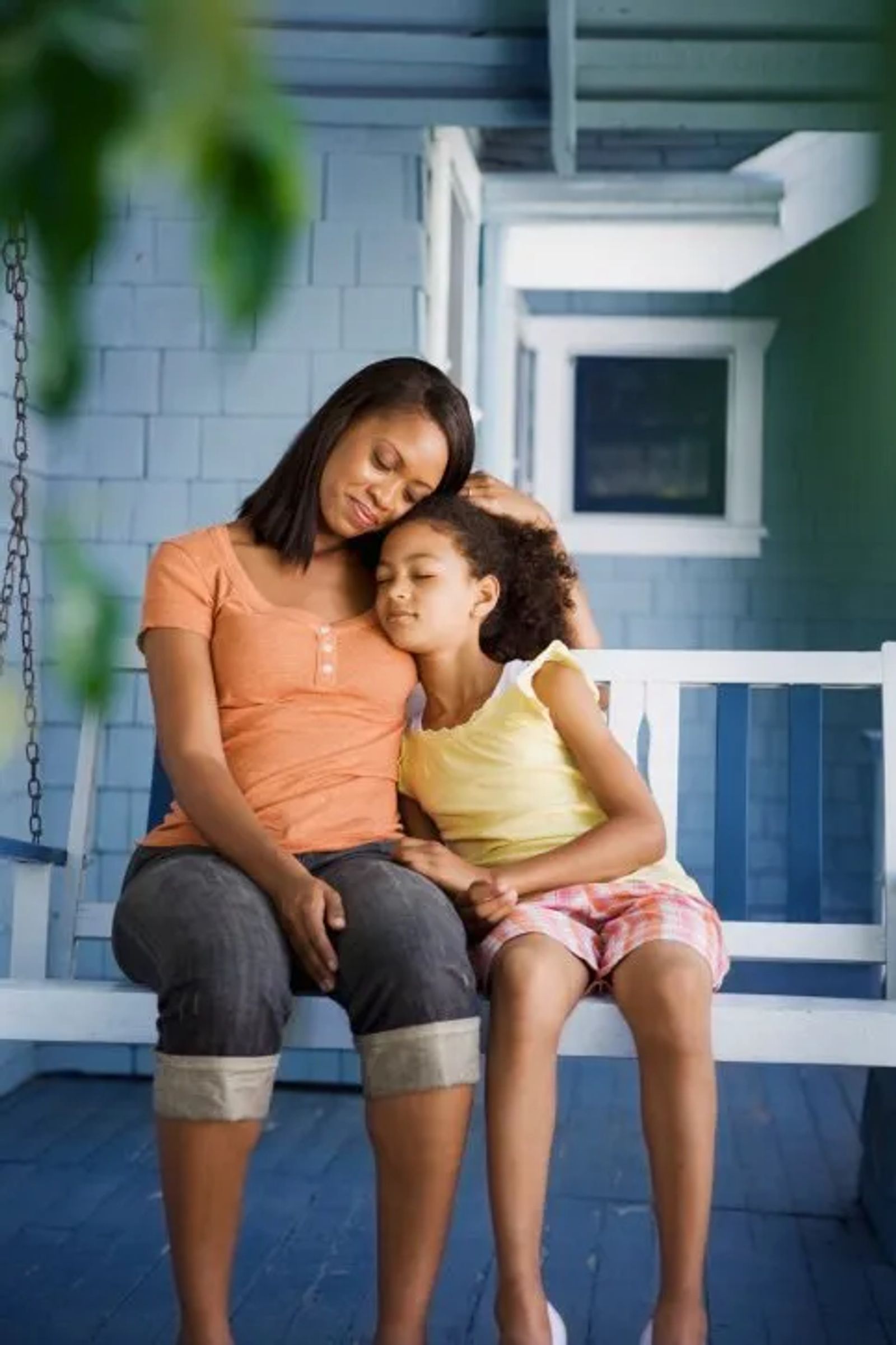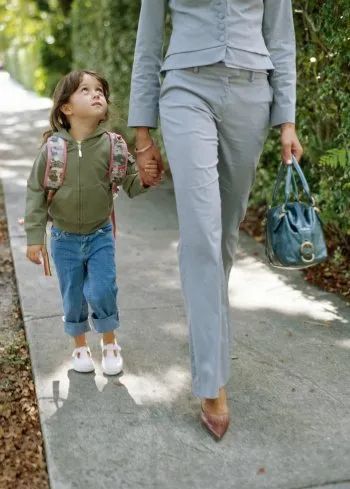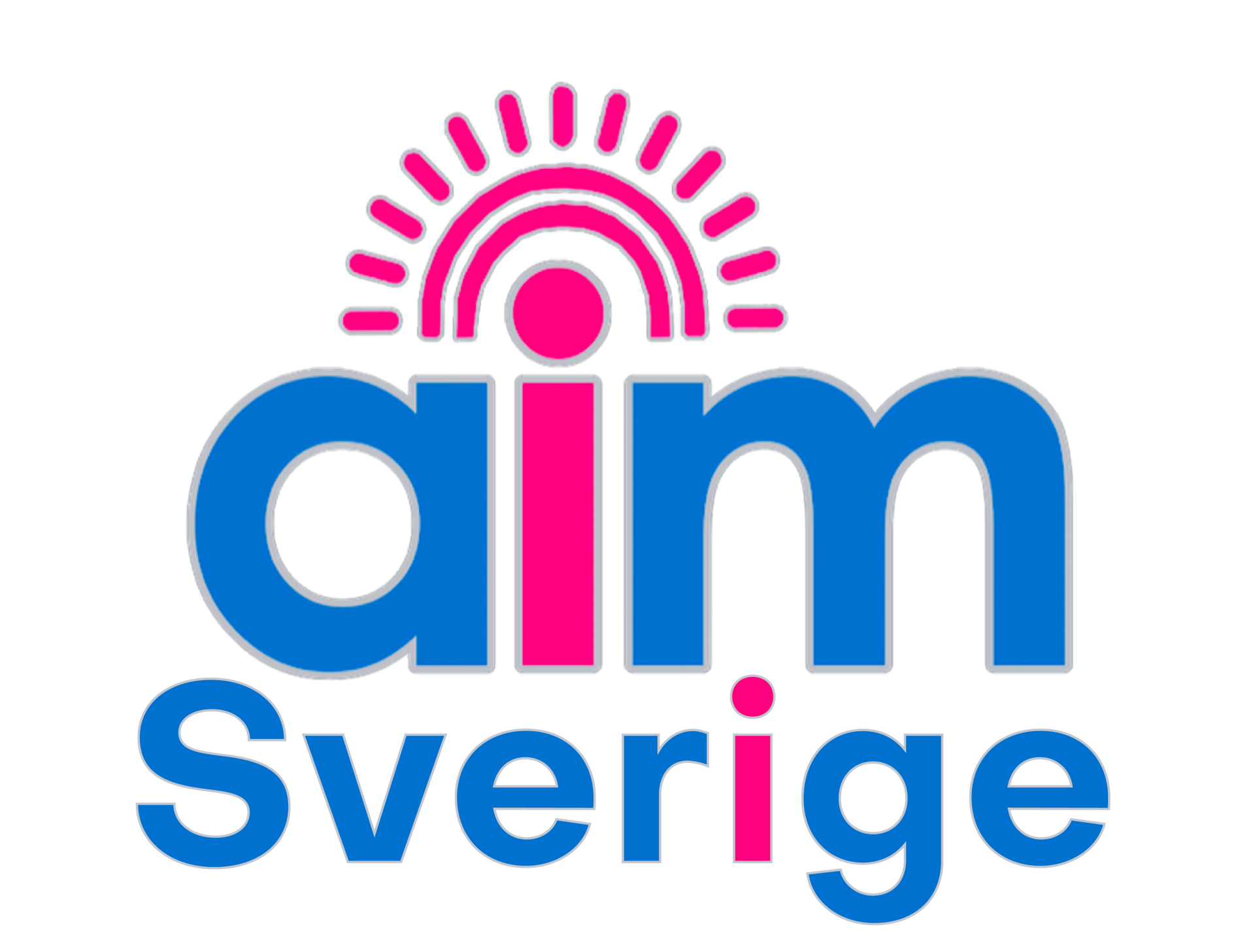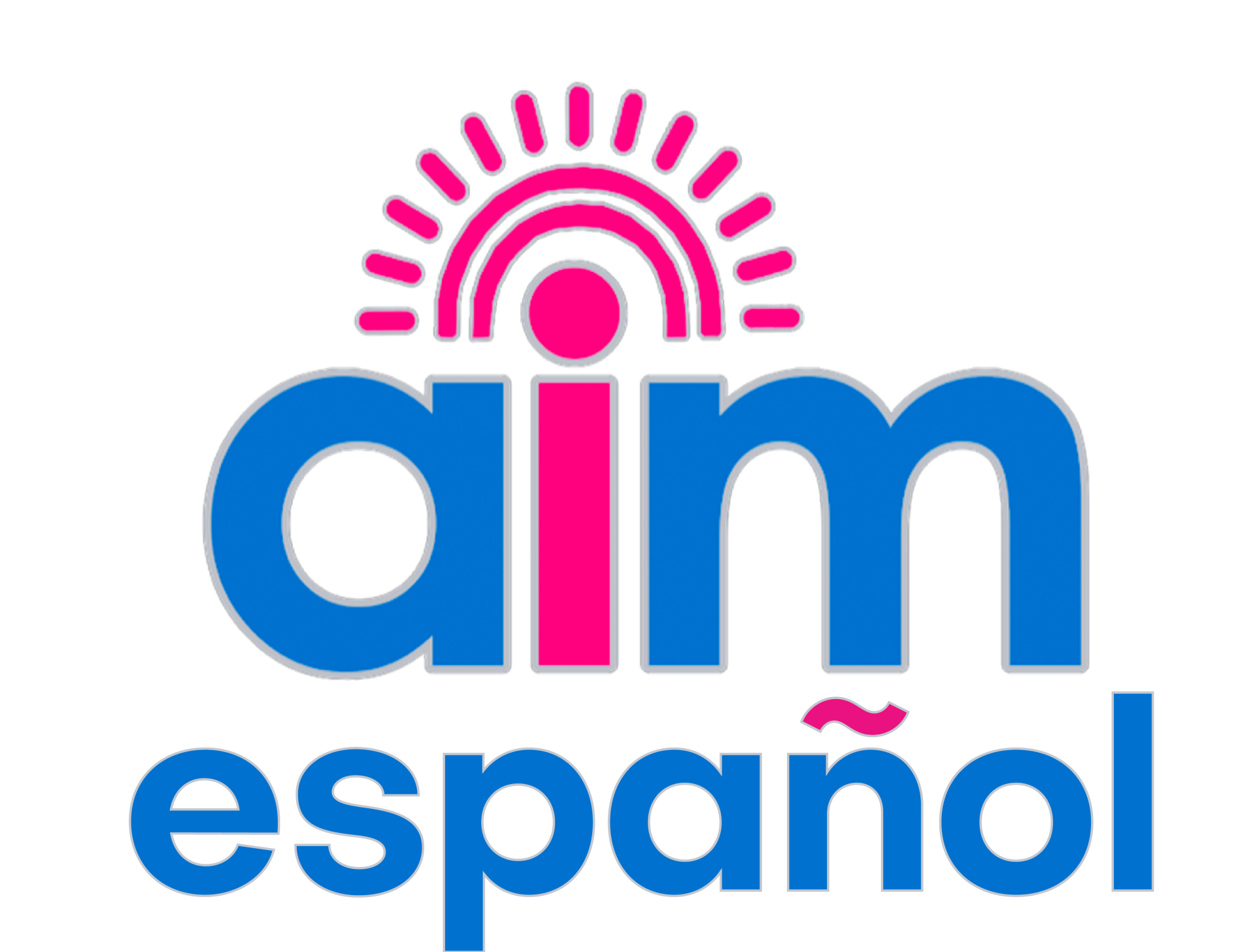FAQ: How will my child adjust to traditional school after being in Montessori school?
Change is good, right?
Parents worry that their children will struggle to adapt in different schools and classrooms.

One of the most common questions parents ask is how will my child fare when he or she transitions from Montessori school into traditional school? Whether it be kindergarten, college or somewhere in between, most Montessori students will eventually switch to another type of school. Parents worry that children accustomed to learning through the Montessori Method will struggle to adapt in different schools and classrooms.
The truth of the matter is that everyone’s life involves change. And this is actually a good thing, so long as you are equipped with the necessary coping tools and skills. Teaching our children to adjust to change without undue fear and anxiety is one of life’s important lessons…for all children, Montessori- schooled or otherwise. But here’s the bonus for Montessori students: the Montessori Method is all about developing such coping tools through building confidence, independence, and problem solving skills. As a result, most Montessori students are actually more adaptable than their non-Montessori peers.
Academic Transitions
Most of the parental concerns regarding transition can be lumped into two main categories: academic and social. Some people believe that because the Montessori Method involves a lot of free choice and little to no testing and homework, Montessori students fall behind academically. Happily, this fear has been proven unfounded. As a rule, Montessori children do better on benchmark tests than students in traditional schools. Don’t take my word for it; have a look at the sources below:
 “New research suggests that children who attend Montessori schools may have an edge over other children in terms of both academic and social development.”
“New research suggests that children who attend Montessori schools may have an edge over other children in terms of both academic and social development.”

Study Shows Improved Test Scores for Students in Montessori Schools--“New research suggests that children who attend Montessori schools may have an edge over other children in terms of both academic and social development.”
Evaluating Montessori Education--“…when strictly implemented, Montessori education fosters social and academic skills that are equal or superior to those fostered by a pool of other types of schools.”
Montessori Teaching Method Pays Off with Improved Test Scores, Discipline--“he implementation of a Montessori program has paid great dividends…. In addition to curbing discipline problems, all of her students have tested into the school’s gifted and talented program and have scored well on PACT and benchmark testing.”
Outcomes for Students in a Montessori Program--“In essence, attending a Montessori program from the approximate age of three to eleven predicts significantly higher mathematics and science standardized test scores in high school.”
Social Transitions
When it comes to social transitions, again the Montessori students have an edge. Children in Montessori classrooms have learned principles such as courtesy, respect, positive decision-making, conflict resolution, and more. These skills serve them well as they adjust to new schools and meet new people.
 Parents must remember to model a positive attitude about transitions.
Parents must remember to model a positive attitude about transitions.

Parents can also help their children adjust to change. First, we must remember to model a positive attitude about life transitions. It’s easy to be so distracted by our own discomfort with change that we forget to set a good example for our children. Children are learning how to adjust (and whether or not to be anxious) from us. Therefore, we must strive to see change as a challenge and not something to be feared and avoided.
Also, pay attention to what you say in front of your children. I know that I often seek comfort by talking to a friend on the phone. It is important to watch what I say if my children are home. Amazingly, they hear every word I utter in these instances. (I wonder why they don’t hear nearly so well when I ask them to clean their rooms…hmmm…mysterious.)
A few more suggestions for helping children adjust include:
- Listen to your children’s ideas for how to fix problems.
- Be open to a style that is not your own. In other words, your children might handle change differently.
- Make a point to meet your children’s new teachers. Attend “back to school nights,” etc.
If you would like to learn more about helping your children cope with transition, we invite you to watch Transitions in the Life of a Montessori Student, a free webinar provided by Age of Montessori. This webinar addresses common myths and problems that may arise for a child who is changing classrooms or schools, and offers practical advice for navigating change for both adults and children. (Click on the link or photo below.)






















